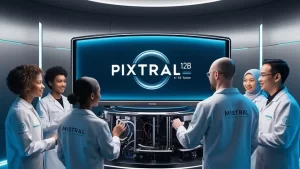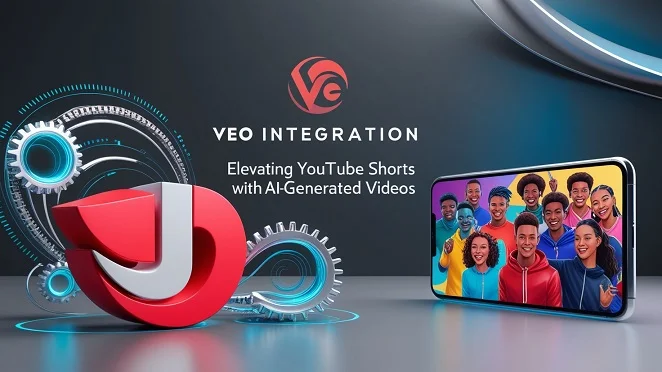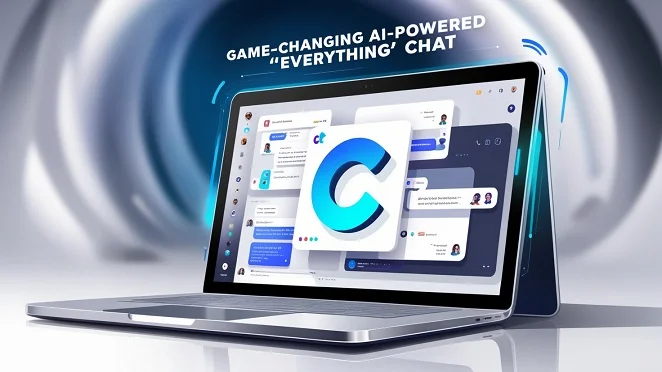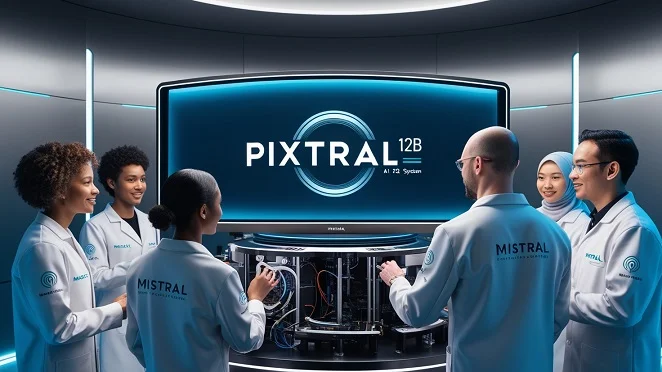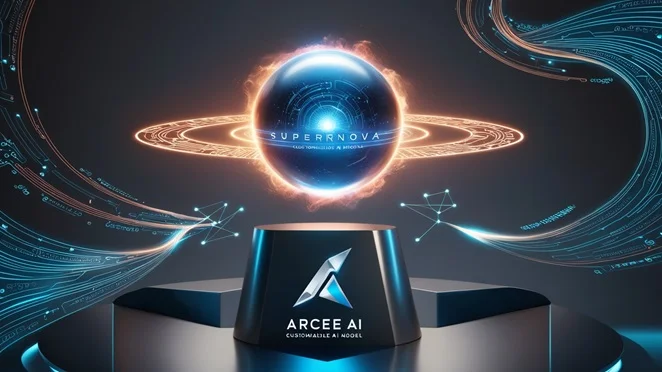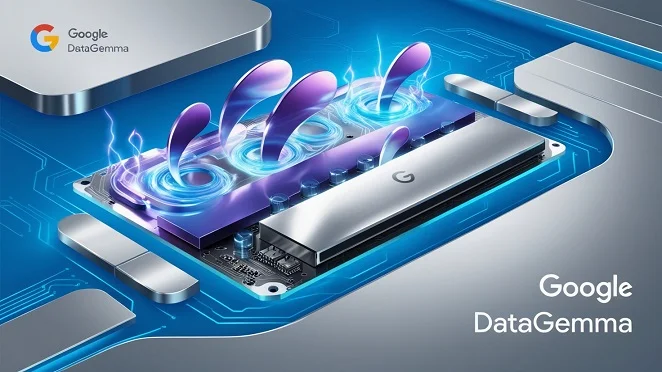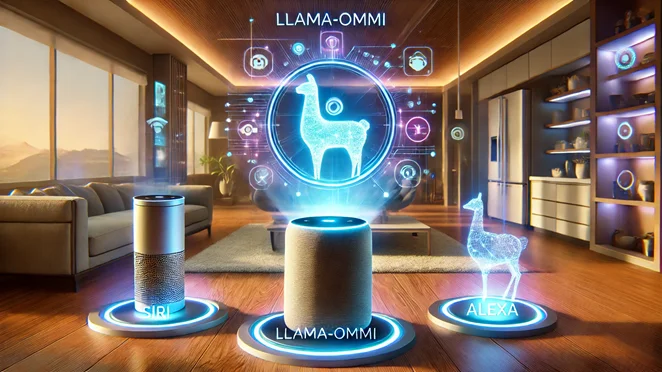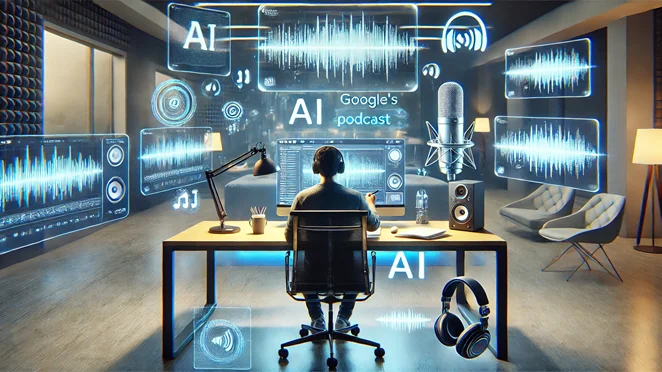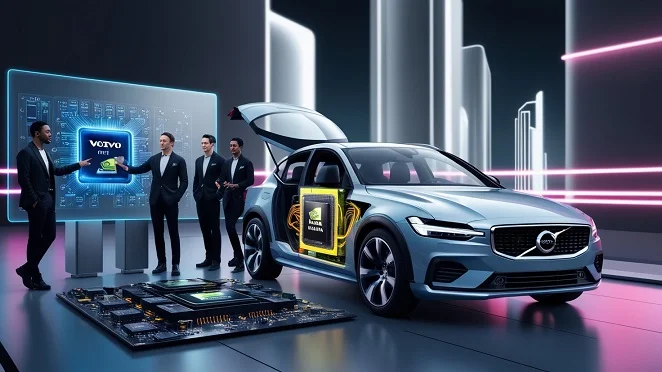
At the launch of its new EX90 electric SUV, Volvo revealed plans to deepen its partnership with NVIDIA. The company will equip future models with cutting-edge AI chips to boost performance and autonomous driving capabilities.
Volvo’s EX90, its first software-defined vehicle, is powered by the Orin system-on-chip, delivering over 250 trillion operations per second. This advanced computing architecture enhances deep learning capabilities, providing robust AI-driven safety and driver assistance systems.
Volvo Cars CEO Jim Rowan:
“With Nvidia Drive Thor in our future cars, our in-house developed software becomes more scalable across our product line-up, which will help us to continue to improve the safety in our cars, deliver best-in-class customer experiences, reduce our costs, and increase our margins.”
Volvo Cars CEO Jim Rowan made the announcement, marking an important collaboration with Nvidia to integrate AI chips into future models.
Volvo is aiming for Level 3 automation in the EX90 with future wireless software updates, eliminating the need for manual intervention. This advancement is set to impact the luxury car market significantly.
Volvo announced that the EX90 is just the start of its software-defined vehicles. In the next decade, new models will use NVIDIA’s Drive Thor SoC, which offers up to 1,000 trillion operations per second—seven times faster than Orin. This means future Volvo cars will feature advanced safety, driver assistance, and AI-driven in-car experiences.
Volvo also announced that “Volvo and Zenseact will build the largest AI data center in the Nordic region, using NVIDIA DGX technology” to boost automotive safety software development.
Hampus Lewis-Lück, the chief financial and digital officer at Zenseact:
“Nvidia DGX systems will supercharge our AI training, and as a result, we’ll be able to innovate faster.”
“By leveraging Nvidia technology and setting up our data center, we gain a quick path to developing high-performing AI, ultimately helping make our product safer. That’s the endgame.”
Hampus Lewis-Lück highlights the strategic importance of utilizing Nvidia DGX systems to accelerate AI development for Zenseact.
Volvo has adjusted its plan to produce only electric vehicles by 2030 in response to changing customer demands and market conditions. It also aims for 90% to 100% of global sales to be electrified vehicles—pure electric and plug-in hybrids—by 2030, with the rest being mild hybrid petrol cars.
Source:
https://www.aibase.com/news/11730


